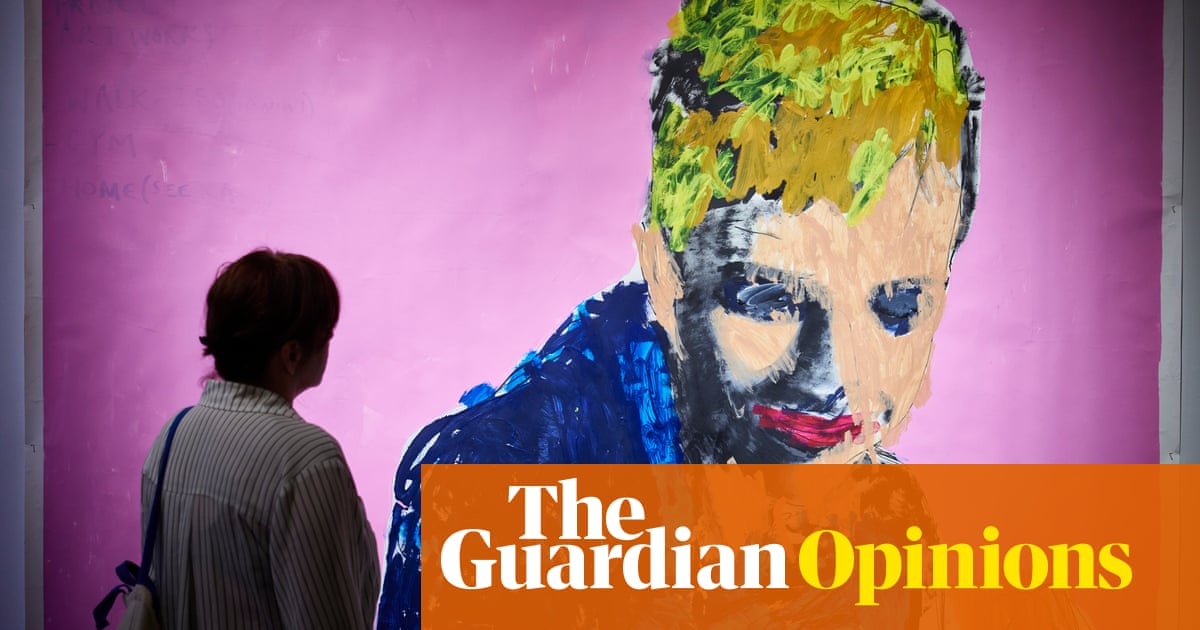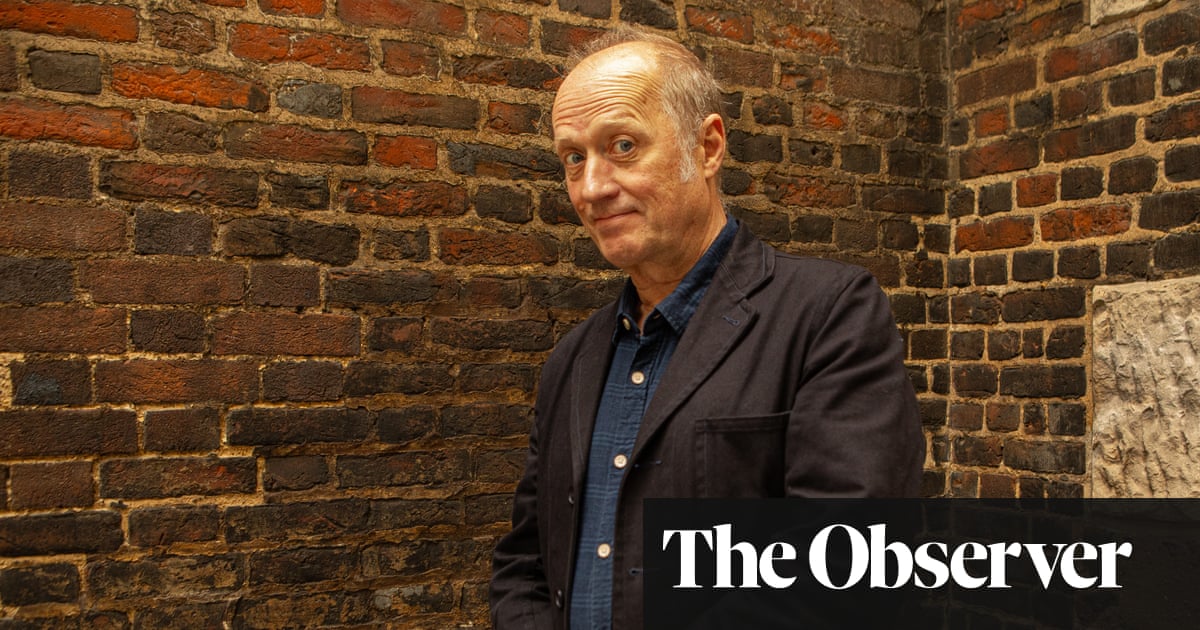
Idon’t see being autistic as “having” a disorder. Instead, I look at it as a very positive thing. From a young age, it has helped me direct a laser-like focus on achieving my goals. My obsessive mindset and lack of real motivation to socialise accelerated my career in a way that would not have been possible if I had other interests. Achieving my ambitions would have been so much harder if I had not been autistic.
But there is an increasing tendency to use language that demonises this neurological difference. Phrases such as “Nick has autism” or “Nick’s autism” make me cringe as they suggest an ailment that controls and burdens, which feeds into a narrative of struggle, disability and a lack of agency.
Others may feel differently. We are not a homogeneous group, and I recognise a lot of autistic people, particularly the non-verbal community, may have a different lived experience. Learning difficulties and other comorbidities can add an extra complication. But for me there are plenty of positives associated with being autistic, which is why language is so important.
Detail is at the heart of my autistic experience. Pinpointing, examining and finessing brings me the most extraordinary satisfaction, and these traits are, of course, highly useful in the workplace. Unlike many neurotypical people, I feel the most stress when not working. Work offers me structure, routine, order and motivation that helps me thrive and channels my busy mind, which also happens to make me a highly productive member of society.
That’s not to say it is always easy being autistic. At home, I can struggle to contain my emotions, and my partner has to deal with the worst of me. I experience meltdowns when there are communication challenges, unexpected noises or day-to-day tasks that I just can’t complete. I find household chores such as washing and cleaning more overwhelming than the average person. Getting stuck in traffic or just knocking my knee on the side of the bed can be the start of a downward spiral.
Being autistic can be disabling, but changing the way we talk about neurodivergence can inspire confidence. “Being autistic” rather than “having autism” promotes the idea of difference, rather than disability. You can be diagnosed “as autistic” without needing to use the word autism at all, in my view.
One in five of us has a difference in brain function. This includes those who are autistic, dyslexic, dyspraxic, have ADHD or another form of neurodiversity. Despite this, we are routinely excluded from society. Neurodivergent people are more likely to be unemployed than the neurotypical – and autistic people have one of the lowest rates of employment.
As Britain focuses on growing its economy, I see a huge section of the workforce being underutilised and undervalued. With the right support, far more neurodivergent people could enter employment and help this country thrive. It feels more urgent than ever to start highlighting the strengths of neurodiversity, rather than always focusing on people’s difficulties.
The challenge is not insurmountable. It relies on us as a country learning to treat neurodiversity with more positivity – that means being intentional with our language, and how we present autism and other neurodivergent conditions in the media. It relies on us being more accommodating in corporate settings. Companies must recognise diversity, in all its shapes and forms, as a vital way of bringing a new perspective – the spark we all need in our businesses.
More conversations about neurodiversity are already being had. Now we need more research, training and awareness. And as we look to the future, I hope we will continue to strive for better.
Nick Ransom is a journalist and founder of the Neurodiverse Media Community












